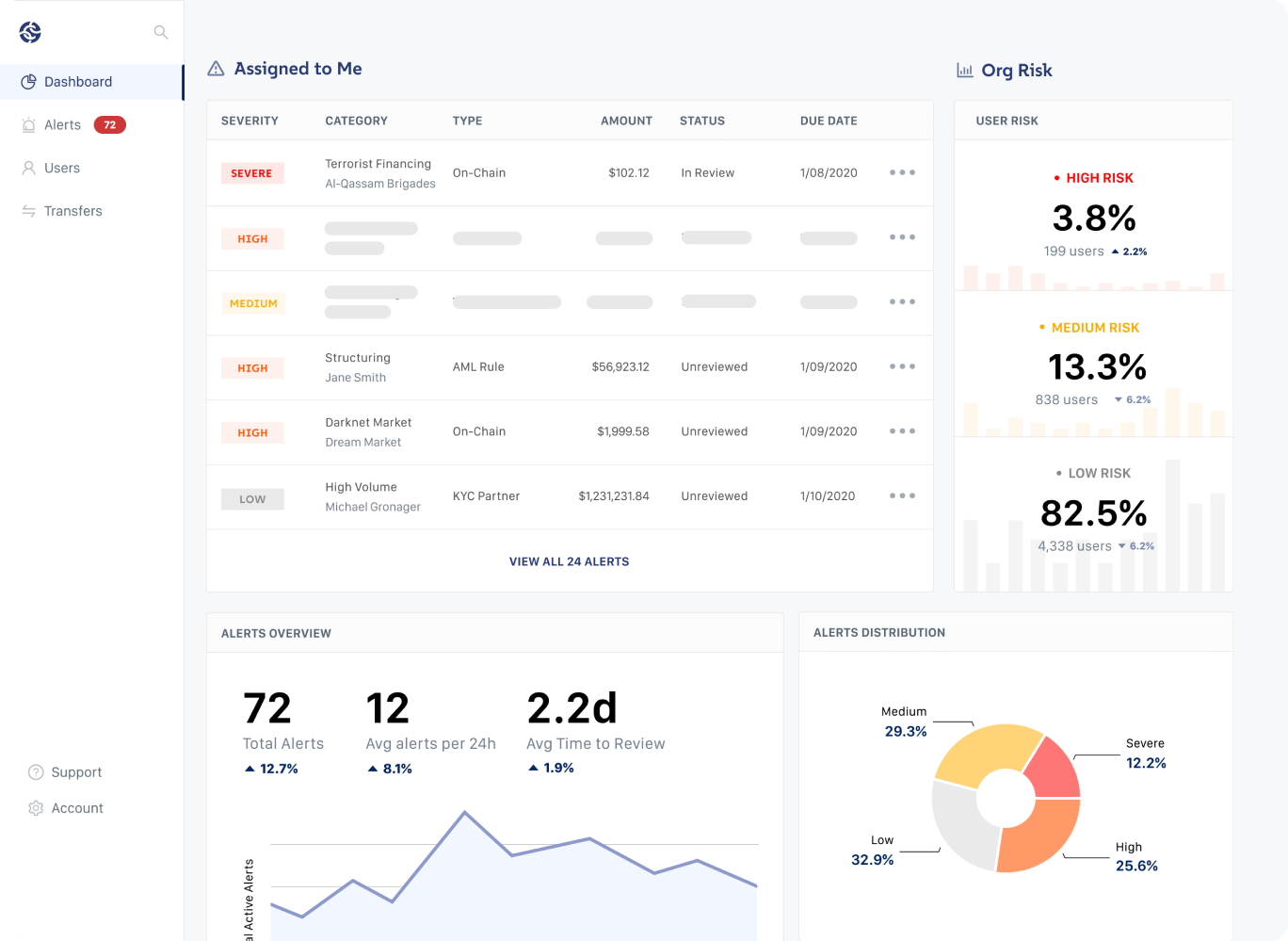Legal Implications Of Selling Banned Chemicals On EBay: Section 230 Under Scrutiny

Table of Contents
eBay's Policies and Prohibited Items
eBay, like other major online marketplaces, maintains a strict policy against the sale of prohibited items. Understanding these policies is crucial for sellers to avoid legal repercussions.
Identifying Banned Chemicals
Numerous chemical substances are categorized as banned or restricted on eBay, falling under various regulatory frameworks. These include:
- Controlled Substances: Drugs regulated under the Controlled Substances Act (CSA), including narcotics and stimulants.
- Hazardous Materials: Chemicals posing significant health, safety, or environmental risks, regulated under the Occupational Safety and Health Administration (OSHA) and the Environmental Protection Agency (EPA). This includes many pesticides and industrial chemicals.
- Precursor Chemicals: Substances used in the production of illegal drugs or explosives.
- Pesticides: Chemicals regulated under the Federal Insecticide, Fungicide, and Rodenticide Act (FIFRA). Many older or highly toxic pesticides are banned.
Seller Responsibility and Due Diligence
Sellers on eBay bear the responsibility for ensuring that the products they list comply with all applicable laws and eBay's policies. Due diligence is paramount. Failing to comply can lead to severe consequences.
- Thorough Product Research: Before listing any chemical, sellers must verify its legality and compliance with all relevant regulations.
- Accurate Listing Descriptions: Listings must accurately and completely describe the product, including its chemical composition and any relevant safety warnings.
- Proper Packaging and Shipping: Chemicals must be packaged and shipped according to all relevant safety regulations to prevent accidents and environmental damage.
Violating eBay's policies can result in:
- Account Suspension: eBay can suspend or terminate seller accounts for repeated or serious violations.
- Legal Action: Sellers may face legal action from regulatory agencies or private parties harmed by their actions.
Section 230 and Platform Liability
Section 230 of the Communications Decency Act (CDA) is a cornerstone of internet law in the US, granting immunity to online platforms from liability for content posted by their users. However, this protection is increasingly under scrutiny.
Understanding Section 230
Section 230 provides two key protections:
- No provider or user of an interactive computer service shall be treated as the publisher or speaker of any information provided by another information content provider. This prevents platforms from being held liable for user-generated content.
- No provider or user of an interactive computer service shall be held liable on account of any action voluntarily taken in good faith to restrict access to or availability of material that the provider or user considers to be obscene, lewd, lascivious, filthy, excessively violent, harassing, or otherwise objectionable, whether or not such material is constitutionally protected. This allows platforms to moderate content without losing their immunity.
Section 230 Under Fire
Section 230 has faced intense criticism and legal challenges. Arguments against it often center on:
- Failure to adequately address harmful content: Critics argue that Section 230 shields platforms from responsibility for hosting illegal or harmful content, including the sale of banned chemicals.
- Lack of accountability for platforms: Some believe that platforms should be held more accountable for the content they host, regardless of whether they created it.
Conversely, arguments in favor of Section 230 emphasize its crucial role in protecting free speech and fostering online innovation.
eBay's Role in Moderation
eBay employs various methods to detect and remove listings of banned chemicals:
- Automated Systems: Algorithms scan listings for keywords and descriptions associated with prohibited items.
- Human Moderators: Teams of moderators review listings flagged by automated systems or reported by users.
- Reporting Mechanisms: eBay provides mechanisms for users to report listings suspected of violating its policies.
Despite these efforts, policing a vast marketplace like eBay presents significant challenges.
Legal Ramifications for Sellers
Selling banned chemicals on eBay carries serious legal consequences.
Criminal and Civil Penalties
Sellers may face:
- Criminal Charges: Violations of federal and state laws regarding controlled substances, hazardous materials, or environmental protection can lead to substantial fines and imprisonment.
- Civil Lawsuits: Individuals or entities harmed by the sale of banned chemicals may file civil lawsuits seeking damages.
Environmental Regulations
Selling banned chemicals can result in violations of environmental protection laws, leading to:
- EPA fines: The EPA enforces environmental regulations, and violations can result in significant penalties.
- Cleanup costs: Sellers may be held responsible for the costs associated with cleaning up environmental contamination caused by their actions.
Future Implications and Legal Trends
The legal landscape surrounding online sales is constantly evolving.
Evolving Legislation
Future legislation may:
- Strengthen regulations on online marketplaces: Increased scrutiny may lead to stricter requirements for platforms to monitor and remove prohibited items.
- Clarify platform liability: Changes to Section 230 or new legislation could redefine the legal responsibilities of online marketplaces.
Increased Platform Responsibility
There's a growing trend towards holding online platforms more accountable for the activities of their users. This could manifest as:
- Increased monitoring and moderation: Platforms may be required to invest more heavily in systems to detect and remove illegal or harmful content.
- Enhanced transparency and reporting: More detailed reporting requirements may be imposed to improve accountability.
Conclusion
Selling banned chemicals on eBay carries significant legal risks for sellers, including criminal and civil penalties, as well as potential environmental liabilities. Section 230, while providing some protection for platforms, is under increasing scrutiny, and its future is uncertain. eBay's proactive efforts in moderation are essential but face inherent challenges. Understanding these legal implications is crucial for all parties involved. By carefully researching prohibited items and complying with all relevant laws and eBay’s policies, you can mitigate legal risks associated with selling on the platform. Remember to always prioritize compliance to avoid the severe legal implications of selling banned chemicals on eBay.

Featured Posts
-
 Canada Election Conservatives Pledge Lower Taxes Balanced Budget
Apr 24, 2025
Canada Election Conservatives Pledge Lower Taxes Balanced Budget
Apr 24, 2025 -
 Investing In Middle Management A Strategy For Improved Business Outcomes And Employee Development
Apr 24, 2025
Investing In Middle Management A Strategy For Improved Business Outcomes And Employee Development
Apr 24, 2025 -
 Chainalysis Bolsters Ai Expertise With Alterya Acquisition
Apr 24, 2025
Chainalysis Bolsters Ai Expertise With Alterya Acquisition
Apr 24, 2025 -
 The Bold And The Beautiful April 16 Recap Hopes Concerns And Bridgets Revelation
Apr 24, 2025
The Bold And The Beautiful April 16 Recap Hopes Concerns And Bridgets Revelation
Apr 24, 2025 -
 William Watsons Advice A Pre Election Examination Of The Liberal Platform
Apr 24, 2025
William Watsons Advice A Pre Election Examination Of The Liberal Platform
Apr 24, 2025
